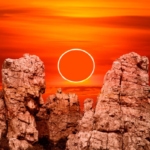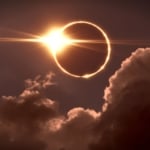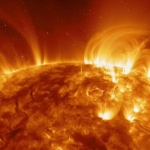July’s Delta Aquarid Meteor Showers When To Watch for Them
Love shooting stars? The Delta Aquarid Meteor Shower peaks int he last days of July. Learn when and where to watch!
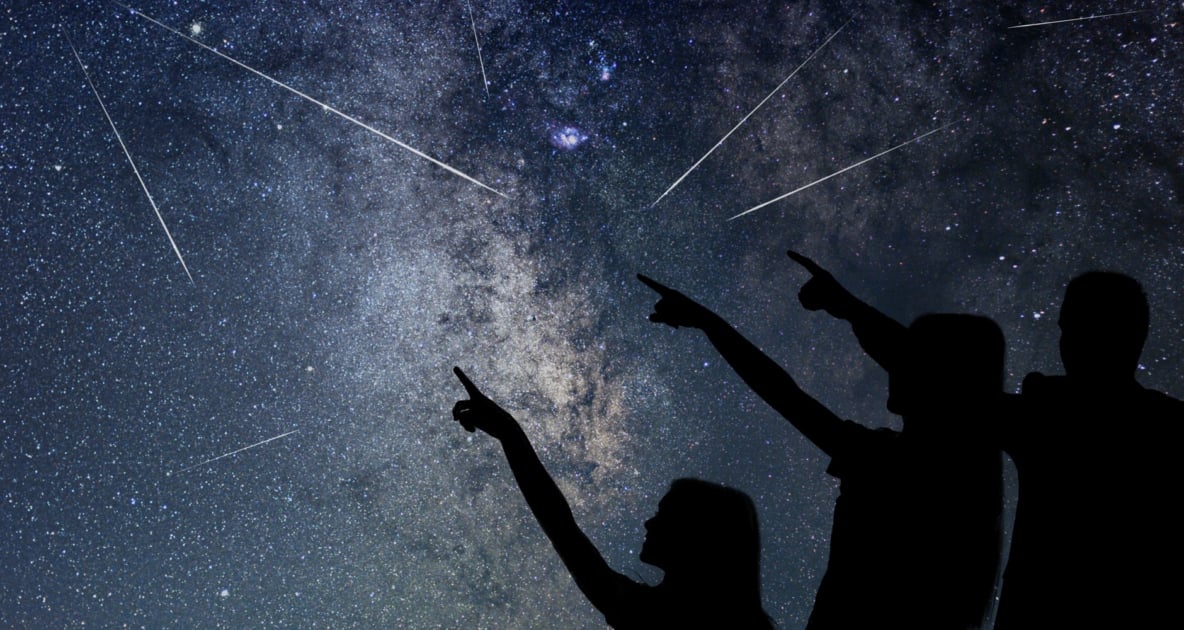
There are so many things happening in the night sky in July, including the Delta Aquarid Meteor Shower. This shower peaks during the early morning hours of July 28-30. It’s a modest meteor display producing 15 to 25 meteors per hour on average. The meteors appear to emanate from the constellation Aquarius, near the star Delta Aquarii, hence the name “Delta Aquarids.”
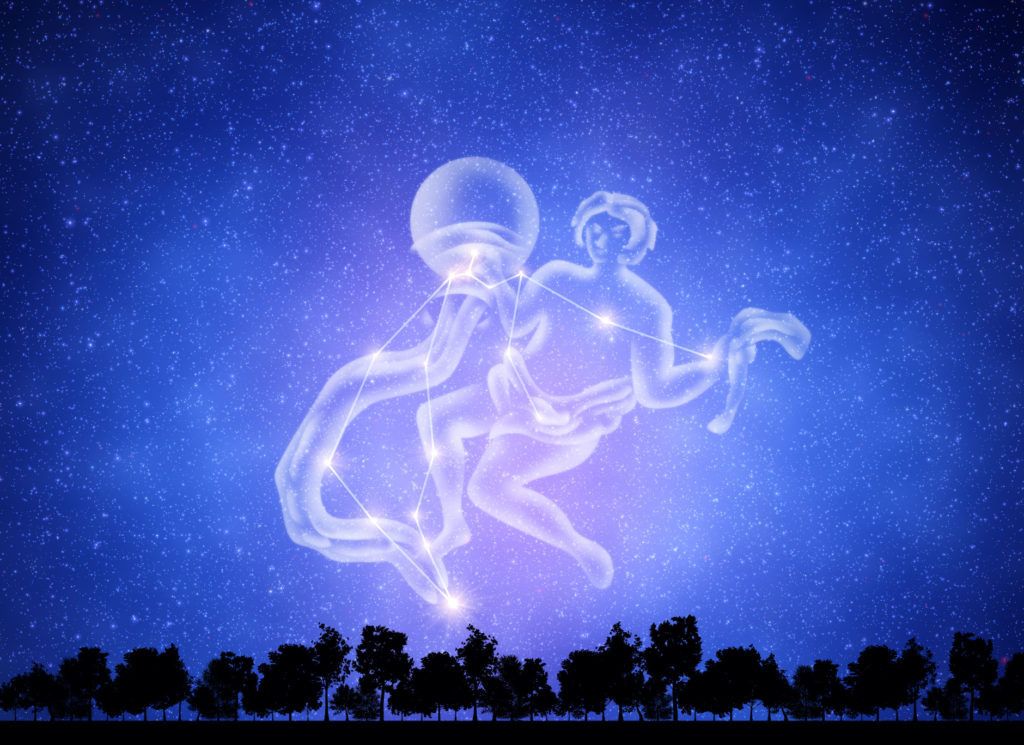
This annual shower occurs because the Earth passes through the stream of debris left behind by Comet 96P/Maccholz.
The Delta Aquarids are considered to be the “warm-up” to the beloved and more prolific Perseid Meteor Shower, which peaks two weeks later on the night of August 11-13. If you catch sight of any swift, bright meteors streaking from out of the opposite part of the sky (north or northeast) you’re probably seeing a few early forerunners of the Perseid display.
On the evening of the 28th, the constellation Aquarius will be reaching its highest point in the southern sky by 1 a.m. local time. From then, through the balance of the night, you’ll be able to count the shooting stars.
For Best Viewing, Find A Dark Sky . . .
The farther away you are from bright lights, and the more sky you can see, the more “shooting stars” you will see. So, if you’re trying to watch from a city street corner, surrounded by tall buildings, you’re not going to have good luck. Try to get to as dark an observing site as you can.
Break out a lawn chair or sleeping bag and keep your eyes moving around on the region directly overhead and toward the southern part of the sky. These meteors appear as moderately swift streaks of light.

Joe Rao
Joe Rao is an esteemed astronomer who writes for Space.com, Sky & Telescope, and Natural History Magazine. Mr. Rao is a regular contributor to the Farmers' Almanac and serves as an associate lecturer for the Hayden Planetarium in New York City.



